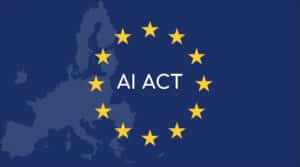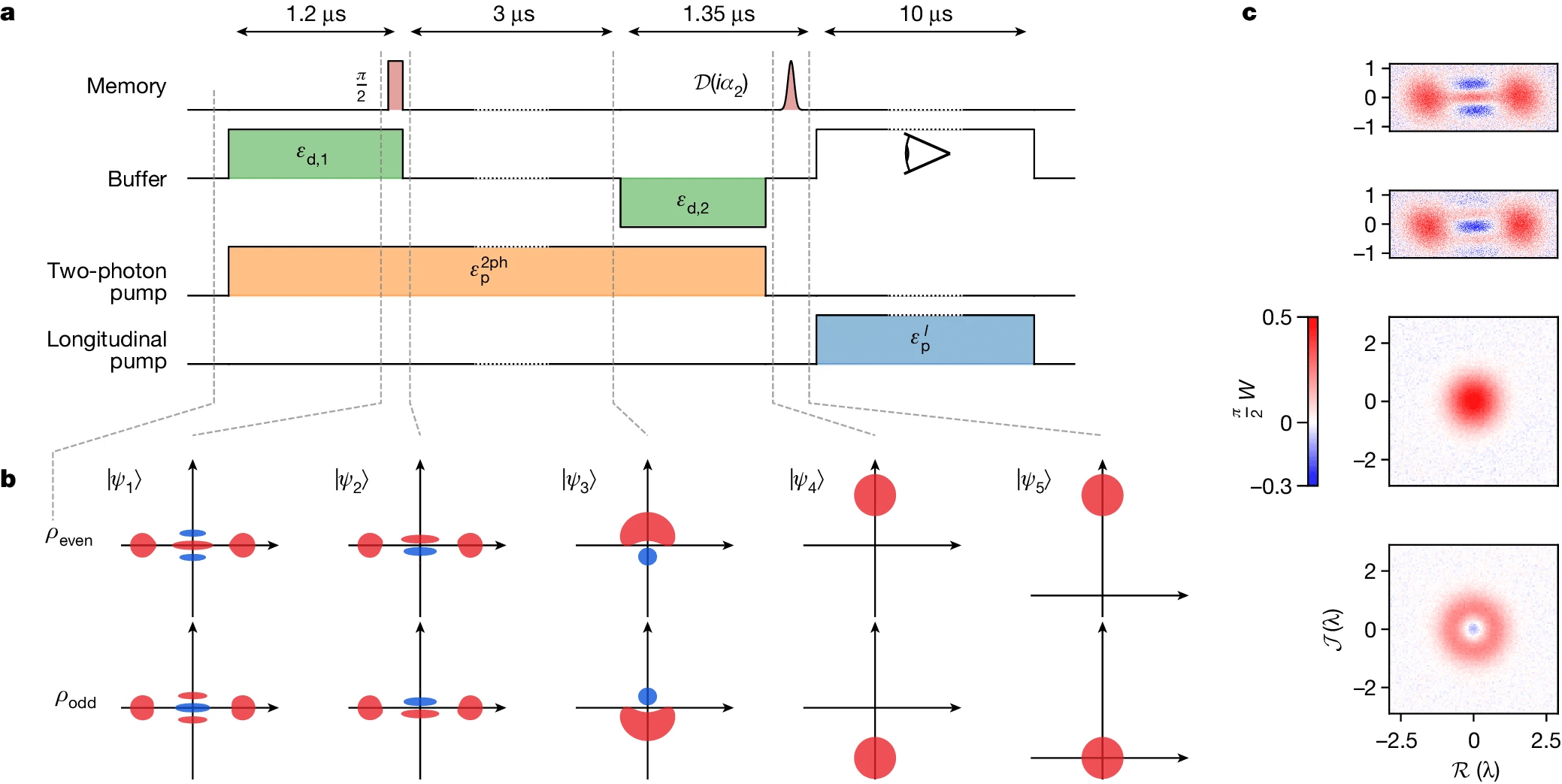How could the AI ACT regulations impact the industry?


AI, with its automation and optimization capabilities, is seducing companies keen to improve their processes and maximize their resources. However, this fascination is accompanied by significant misgivings. Sharing data to customize AI models raises questions about data ownership and ethical use. Companies worry about the security of shared information and respect for their values. End users, for their part, often express reservations about these digital transformations, due to mistrust or a reluctance to change.
Against this backdrop, the new European AI ACT regulation aims to establish a rigorous legal framework for the use and marketing of AI-based tools. This legislation requires companies to take specific measures to guarantee the transparency and safety of AI-enabled products. These measures include CE marking, the production of technical documentation and clear information disclosure. By defining risk levels and corresponding requirements, AI ACT seeks to ensure user confidence in AI technologies.

For more than a decade, the Centre de Robotique at Mines Paris – PSL has been renowned for its innovative research into human-centered AI. Through various European research projects, researchers have developed advanced methods for capturing, modeling and analyzing human gestures. By integrating this data into sophisticated algorithms, they are able to make machines more intelligent and robots more collaborative, thereby enhancing human capabilities.
The application of these innovations in the Cultural and Creative Industries (CCI) promises to revolutionize the preservation and transmission of traditional know-how. Collaborative robots, for example, can assist craftsmen in their tasks, while offering advanced training solutions.


Faced with the challenges raised by AI ACT, the symposium “How Can Industries Operate through AI ACT?” aims to bring together experts from diverse backgrounds for a constructive dialogue. Structured around three axes, this event addresses the key questions linked to the impact of AI ACT on industrial and creative sectors:
This section examines the content of the regulations, who they are aimed at and how they are applied. It explores the underlying ethical values and implications for business.
How can AI technologies transform manual trades in CCIs? This segment highlights innovations and their potential for modernization.
This segment focuses on the practical challenges and opportunities offered by AI ACT for CCIs, comparing the approaches adopted by other regions of the world.
The symposium thus aims to offer diverse perspectives – legal, business and technological – to answer the central question: “How might AI ACT regulation impact the industry?”. By bringing together scientists, engineers, entrepreneurs and other stakeholders, this event promises to shape the contours of a future where AI will be a reliable and ethical ally.
